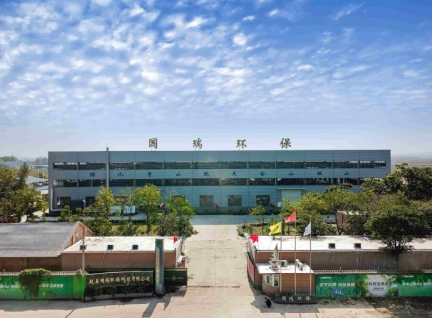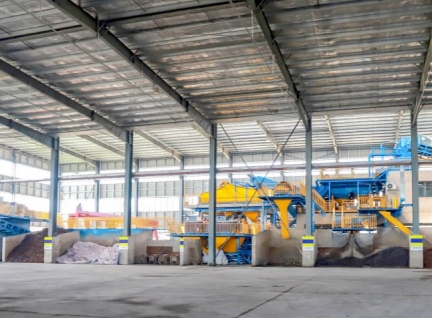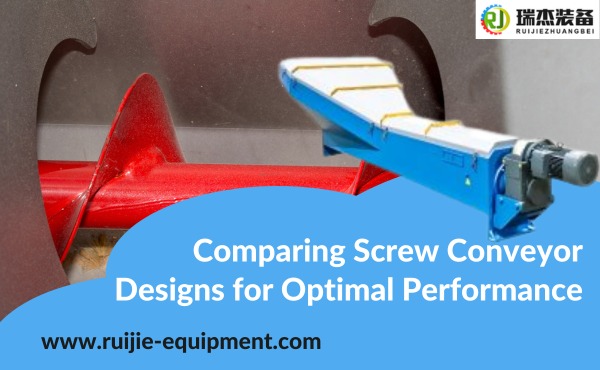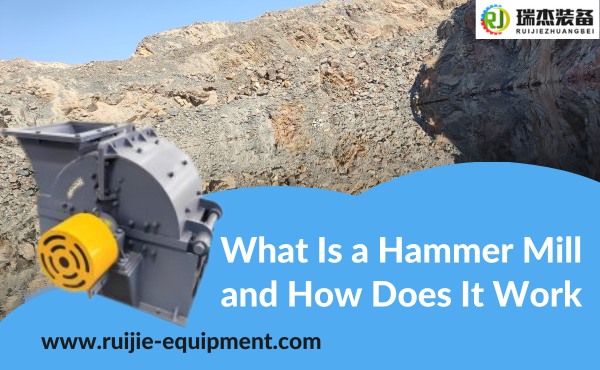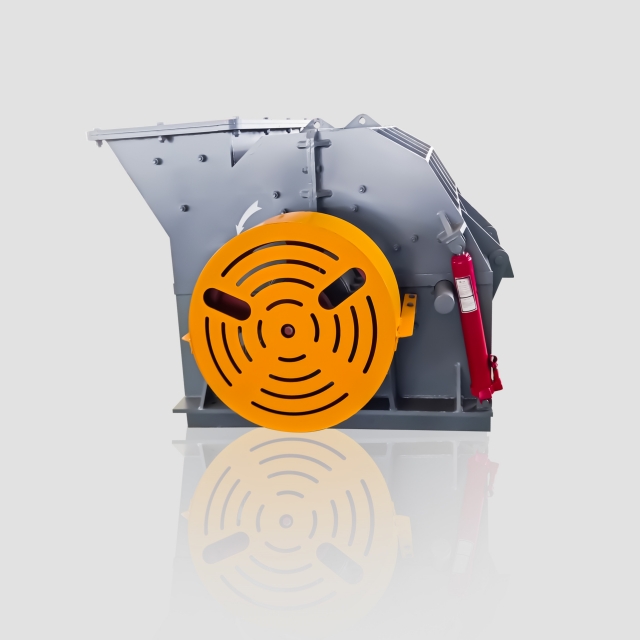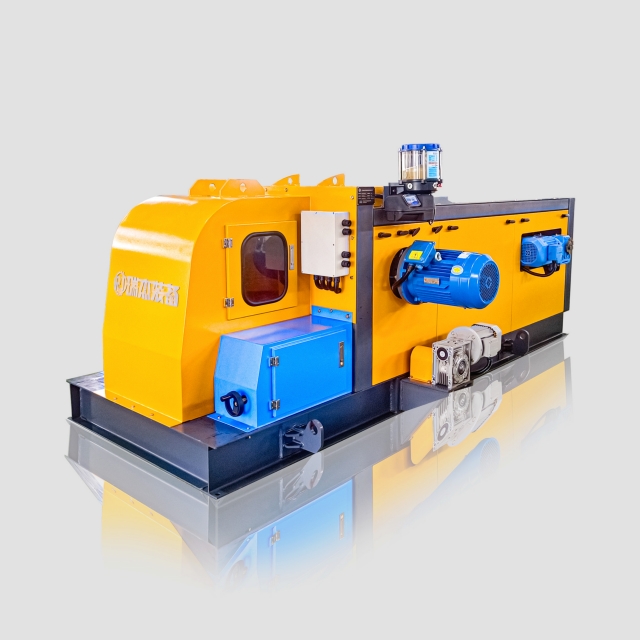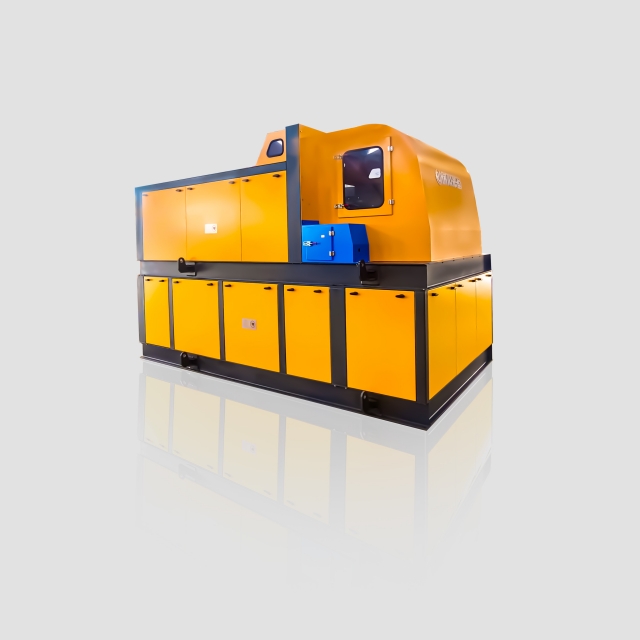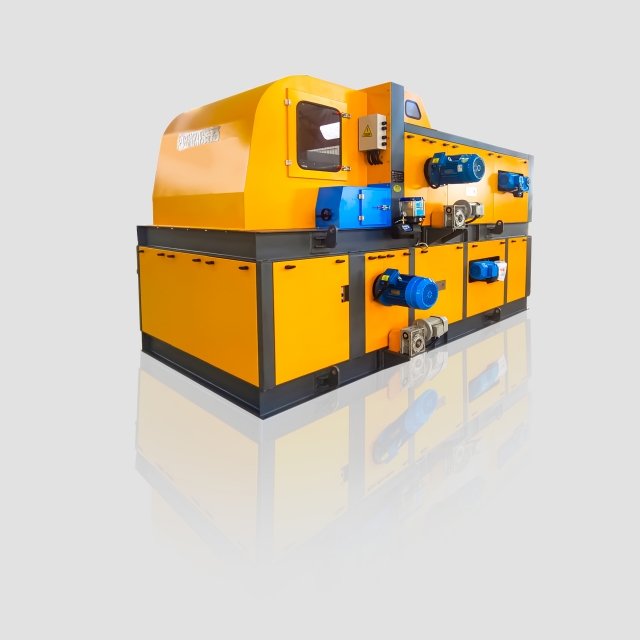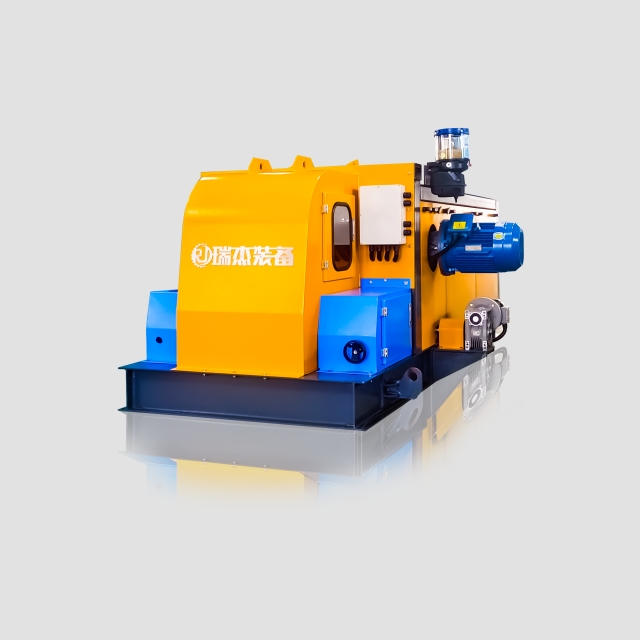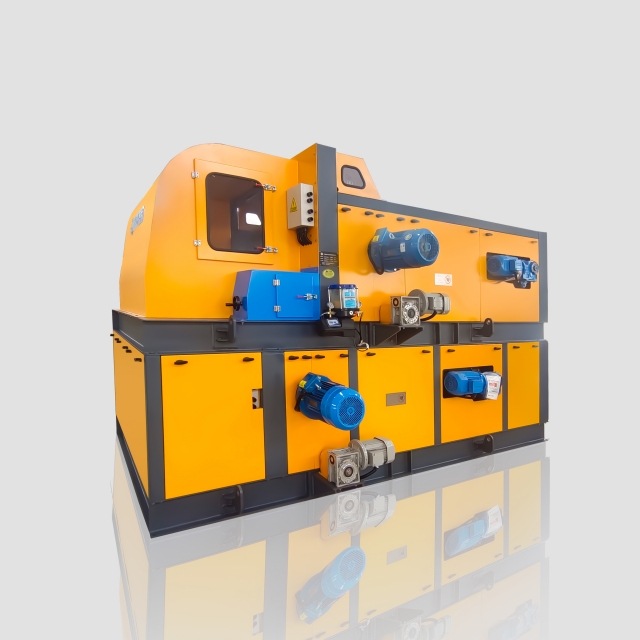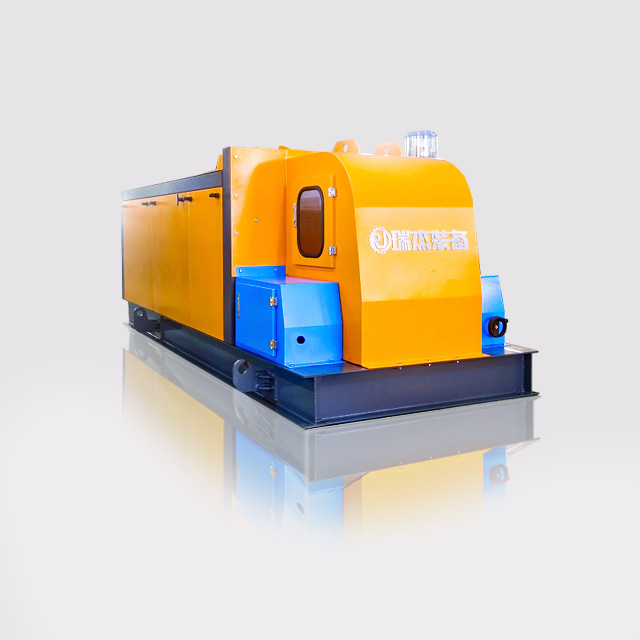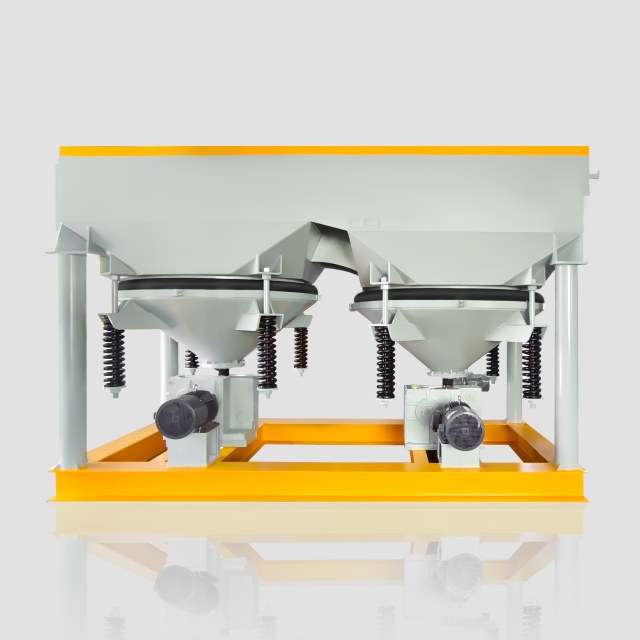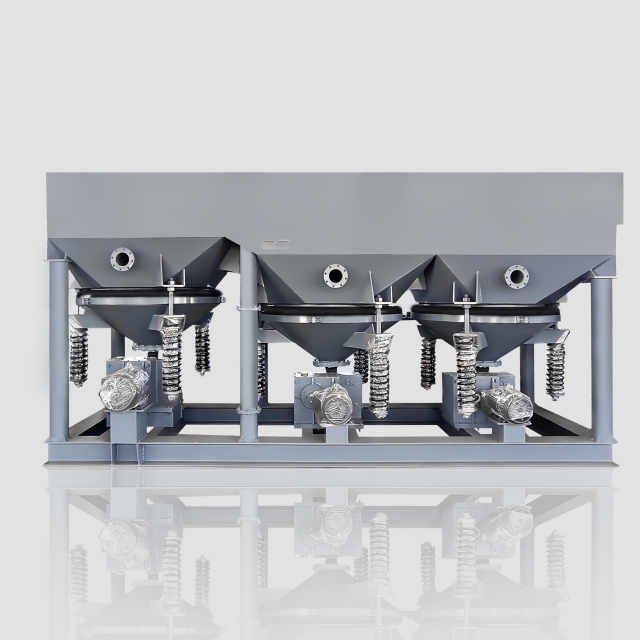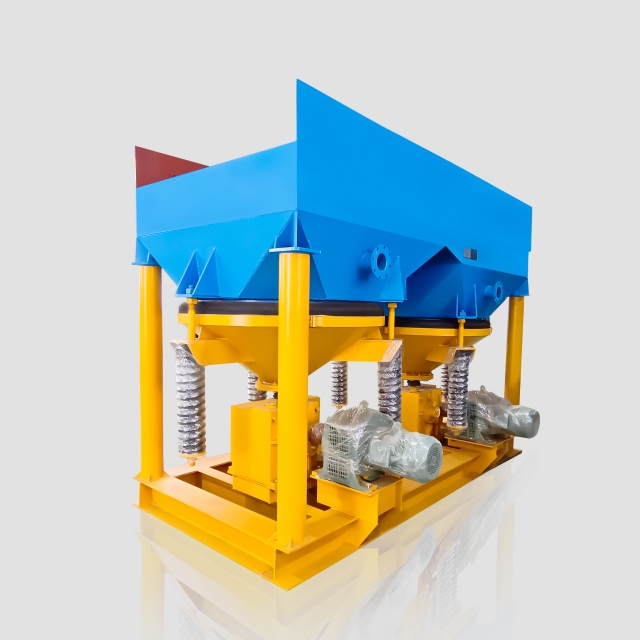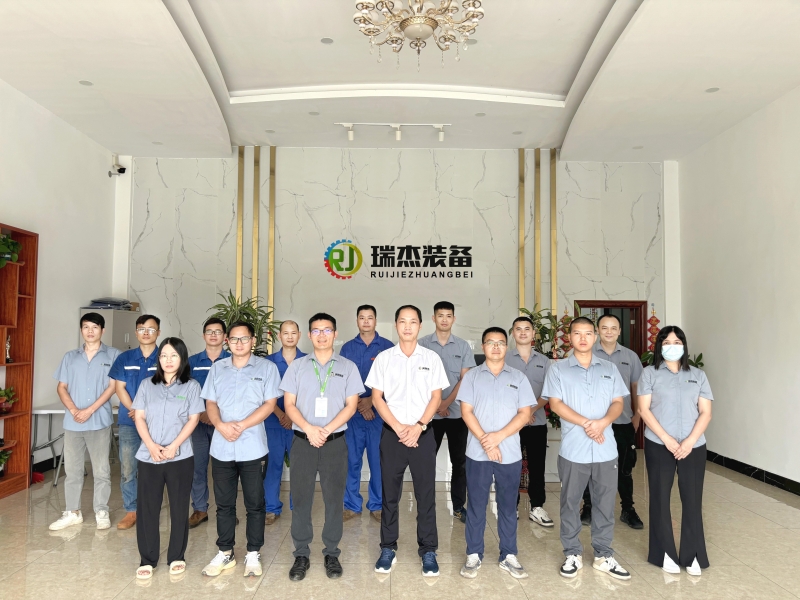Incineration Bottom Ash (IBA) Sorting Plant–ZhaoXian Project
This project is a waste sorting project invested by one of our customers.The construction and processing capacity of the plant is 750 tons/8 hour.The municipal solid waste incineration base ash (IBA) sorting plant was officially put into operation in April 2021.
The address of the incineration bottom ash (IBA) sorting plant is located in Zhao County, Shijiazhuang City, Hebei Province.
The total investment of the project is more than 4131690.00 USD. The total area is more than 30 acres.
The following is the picture of our customer’s project factory
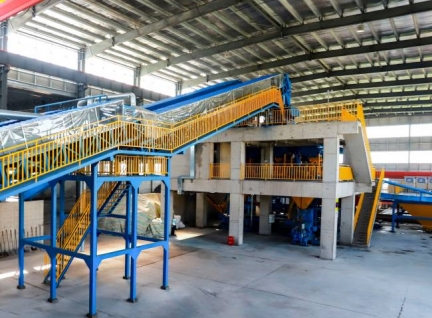
Household Waste Incineration Bottom Ash (IBA) Treatment
At present, with the government’s strengthening of the management of domestic waste treatment reduction, harmlessness and recycling, domestic waste treatment has become an important part of urban management and public services.
Incineration ash is an inevitable by-product in the process of urban waste incineration, and how to deal with ash is a major problem in the incineration of domestic waste.
The Ash produced by waste incineration includes the Bottom Ash (BA) from the incinerator and the Air Pollution Control Residues (APCR) produced by flue gas purification.
Mainly non-flammable inorganic matter as well as partially unburned combustible organic matter. Depending on the composition of the waste, the amount of ash is generally 5%-20% of the total weight of the waste before incineration. Ash slag, especially fly ash, contains a certain amount of harmful substances, if the heavy metals are discharged directly without treatment, it will pollute the soil and groundwater, causing harm to the environment.
On the other hand, because the ash contains a certain amount of heavy metals such as iron, copper, zinc, chromium, etc., it has recycling value, so it can be used as a resource for development and utilization. Therefore, incineration ash has both its polluting and resource characteristics. The treatment of incineration ash is an essential part of the municipal waste incineration process.
Composition of Incineration Bottom Ash (IBA)
The bottom ash (i.e. slag) is the main part of the ash and is black-brown in color, accounting for about 80%-90% of the total mass of the ash. The moisture content of the slag is 10.5%~19.0%, the thermal reduction rate is 1.4%~3.5%, and the low thermal reduction rate reflects its good incineration effect.
Bottom ash is an inhomogeneous mixture of slag, glass, fragments of ceramics, iron and other metals, and other non-flammable substances, as well as organic matter that has not been fully burned.
Large particle slag (>20 mm) is dominated by ceramic/brick and iron, and the mass percentage of the two substances decreases as the particle size decreases.
Incineration of 1T of domestic waste produces about 390~450kg of slag, taking Covanta Energy (China) Investment Co., Ltd., which has a daily processing capacity of 1800t of domestic waste, as an example, about 273750.00 T of slag is produced in 1 year.
Sorting Process For Incineration Bottom Ash (IBA)
The total content of iron in slag is 5%~8%, and the current domestic slag sorting is mainly to sort the iron in slag.
The burned slag in the grate falls into the slag remover, through the cooling of water, the hydraulic slag remover drains the cooled slag and sends it to the belt conveyor, and the multi-stage iron remover is installed at the conversion end of the belt conveyor, and the metal iron is sorted out by using a magnet, in order to further improve the sorting effect, the factory is generally equipped with a vibrating device and a crushing device in the slag conveying process to increase the sorting efforts.
Resource Utilization Of Slag
The particle size distribution of slag is mainly concentrated in the range of 2~50mm (accounting for 61.1%~77.2%), which basically meets the grading requirements of road building materials (aggregate, graded gravel or graded gravel, etc.)
The amount of dissolved salt in slag is low, only 0.8%~1.0%, so it is less likely that the dissolved salt will pollute the groundwater during slag treatment and disposal.
The slag has a strong pH buffer capacity, and the initial pH value (distilled water leaching, liquid-solid ratio is 5:1) is above 11.5, which can effectively inhibit the leaching of heavy metals.
Therefore, slag is a good building material, as long as it is properly managed, it can achieve environmental protection and resource utilization.
Advantages Of Making Burned-free Bricks From Slag
Slag-free bricks can use garbage incineration slag as the main raw material, with a content of more than 80% (including aggregates), turning waste into treasure and turning harm into profit.
The unburned brick project has a competitive advantage in the market, the state strictly restricts the production of clay bricks, and the unburned bricks do not use clay as raw materials, do not need coal as fuel, protect cultivated land and protect the environment.
Brick making is mechanized production, the production process is simple, easy to master, and can be applied everywhere.
The production of unburned bricks is that after the material enters the standard mold box, it is formed by the two-way action of equipment downward pressure and high-frequency directional vibration, the appearance of the brick is very regular, the product density is high, and the technical indicators are better than that of clay sintered bricks.
At present, among all the technologies that use industrial waste residue to produce building materials, the unburned brick project has the least investment and the fastest effect.
Conclusion
We have mature technology and state-of-the-art equipment for incineration base ash (IBA) separation, and are in a leading position in the industry in the world.If you want to learn more, please click this link.
Nowadays, Ruijie’s environmental protection sorting machinery is trusted by more and more users in various industries, and the company’s products have been widely used in solid waste treatment, metallurgical mines, power plants and coal mines and other industries.

